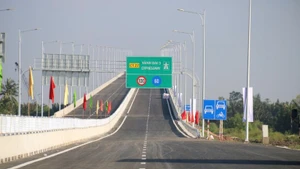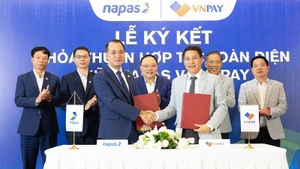The document highlights Viet Nam’s cautious yet progressive entry into regulated cryptocurrency market, establishing strict control and protecting the legitimate rights and interests of both domestic and foreign organisations and individuals.
Under the resolution, all issuance, trading, and payment activities involving digital assets must be conducted in Vietnamese dong.
Only enterprises licenced by the Ministry of Finance will be allowed to organise digital asset exchanges, operate issuance platforms, or market related products. Strict compliance with laws on anti-money laundering, counter-terrorism financing, cybersecurity, and data protection is mandatory.
The resolution stipulates that only Vietnamese enterprises are allowed to issue digital assets, which must be backed by real underlying assets, excluding securities and fiat currencies. Importantly, such assets can only be offered to and traded among foreign investors through licenced service providers. Issuers must publish a prospectus at least 15 days before any offering.
Any service provider needs a minimum capital of 10 trillion VND (379 million USD), at least 65% of which must be contributed by institutional investors. Foreign ownership of any crypto asset is capped at 49%.
Applicants must also meet rigorous requirements on governance, risk management, IT systems, and staffing, including experienced executives, certified securities professionals, and cybersecurity specialists.
















